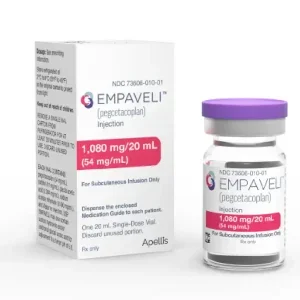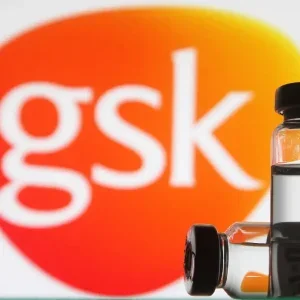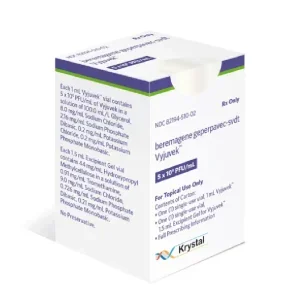Gilead Sciences has secured the US Food and Drug Administration (FDA) approval for Vemlidy (tenofovir alafenamide) 25mg tablets to treat a type of chronic hepatitis B virus (HBV) infection in children.
The US health agency has approved the US-based biopharmaceutical company’s supplemental new drug application (sNDA) for Vemlidy.
In 2016, Vemlidy was approved in the US, as a once-daily therapy to treat chronic HBV infection in adults with compensated liver disease.
The current approval expands its indication to include chronic HBV infection in children aged 12 years and above, with compensated liver disease.
Vemlidy comes with a boxed warning on its label, about post-treatment severe acute exacerbation of hepatitis B.
Gilead Sciences chief medical officer Merdad Parsey said: “While paediatric hepatitis B prevalence has dropped significantly in the US, children who develop chronic hepatitis B following an acute infection can experience lifelong health impact.
“Gilead is focused on meeting the biggest challenges in liver disease and impacting the course of the disease.
“With an established safety profile and once-daily dosing, Vemlidy provides physicians a new option to address the treatment needs of paediatric patients living with hepatitis B.”
The expanded FDA approval for Vemlidy in the paediatric population is based on 24-week data from a Phase 2 clinical trial that compared Vemlidy 25mg with a placebo.
The Phase 2 study recruited 70 treatment-naïve and treatment-experienced patients, aged 12 through 18 years, weighing at least 35kg.
In the study, 21% of subjects treated with Vemlidy achieved HBV DNA less than 20IU/mL at 24 weeks, compared to 0% with a placebo, which is the study’s primary endpoint.
Vemlidy clinical trial investigator Kathleen Schwarz said: “Chronic hepatitis B can have a significant long-term health impact on children, including the development of liver cancer later in life if the disease is left untreated, which is compounded by treatment challenges in this population.
“As a clinician, I recognise the critical importance of treating this disease as quickly as possible to help avoid complications and potential damage to the liver.
“In the clinical trial, we saw that tenofovir alafenamide may represent an effective treatment option for people as young as 12 years of age living with this chronic disease.”






